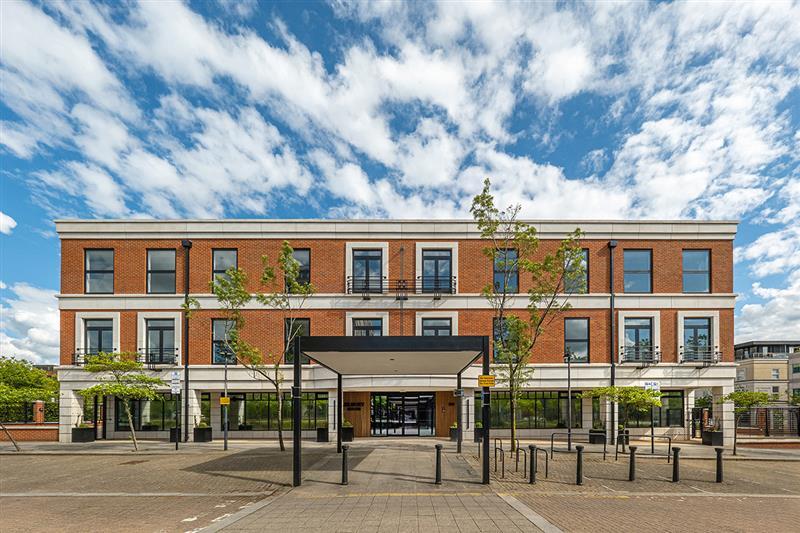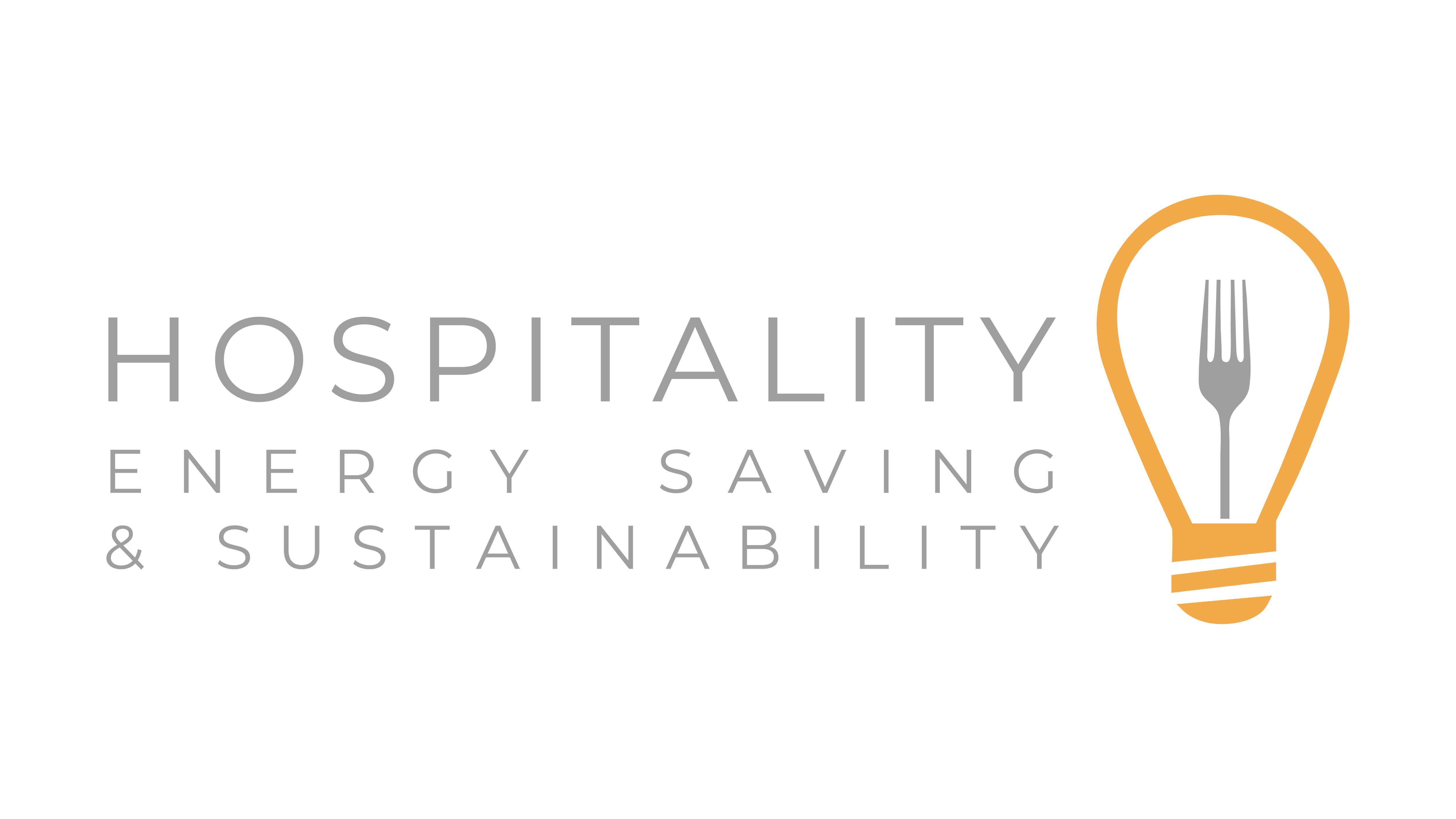RO Real Estate: Smart energy control at Silbury House, Milton Keynes
Pioneering Energy Efficiency in Office Refurbishment
2 min read
![]() measurable.energy
Oct 4, 2021 12:00:00 AM
measurable.energy
Oct 4, 2021 12:00:00 AM

Why now is the time to rethink energy use in hospitality.
The hospitality sector faces a perfect storm: skyrocketing energy costs, mounting pressure from stricter ESG targets and net zero goals, and increasingly discerning guests who prioritise eco-conscious operators.
Recent research indicates that 38% of British travellers considered choosing eco-friendly hotels to reduce their environmental impact, reflecting an increasing trend over the past two years.
Annual energy costs for the hospitality sector are in excess of £1.3 billion and rising.
New emerging technologies that optimise energy efficiency not only offer the opportunity to reduce costs but also unlock significant competitive advantages.
Restaurants use 2-3 times more energy per square foot than other commercial buildings, largely due to energy-intensive equipment like fryers, ovens, refrigerators, and HVAC systems.

Rising energy rates—projected to climb further in 2025—add to the urgency for hospitality businesses to explore new approaches to cutting costs and reducing emissions.
Many appliances in restaurants and hospitality venues - such as countertop equipment, bottle fridges, and display screens - consume energy unnecessarily when left on or in standby mode. Addressing this overlooked area of energy waste will unlock both financial savings and carbon reductions. For example, one single inefficiently operated bottle fridge can cost up to £300 annually and produce 750 kg of CO₂. Multiply this across numerous appliances, and the potential for improvement becomes clear.
-jpg.jpeg?width=2082&height=2776&name=Image%20(28)-jpg.jpeg)
Crucially, plug power accounts for 40% of electricity usage in commercial spaces, with half of that energy wasted. By implementing technologies that automatically control and manage energy use in real-time, operators can identify and eliminate these wasteful energy drains. They also gain valuable insights to track and optimise appliance performance to support ESG reporting and compliance with upcoming regulations.
Investing in energy-saving technologies offers both immediate and long-term benefits:
In the first two years:
By year five:
Over a decade:
Implementing energy-saving technologies is quick and minimally disruptive. Most solutions are operational within weeks, some only needing a day for installation. Businesses can maintain normal operations while reducing energy waste and improving efficiency.
Forward-thinking operators in the hospitality sector are already reaping the benefits of focusing on sustainability. For example:
These examples illustrate that tackling energy waste is a proven strategy for success.
The hospitality sector accounts for carbon emissions of more than
8 million tonnes per year, with energy use as a primary driver. As governments and investors prioritise ESG compliance, businesses that fail to act risk falling behind.
Consumers—especially Gen Z and Millennials—are increasingly drawn to eco-friendly establishments, with an increase in customers preferring venues that demonstrate environmental responsibility. Future regulations will likely mandate carbon reporting, making energy management a key tool for staying ahead.
As energy rates rise and carbon reporting becomes a necessity, exploring smarter ways to manage energy use has never been more critical. By taking steps to address energy waste, hospitality operators can reduce costs, support sustainability goals, and position themselves for long-term success in a rapidly evolving industry.
The time to act is now.
With smart AI-powered energy management solutions, the hospitality industry can make significant steps forward this calendar year towards Net Zero.

Pioneering Energy Efficiency in Office Refurbishment

Hospitality Energy Saving & Sustainability (HESS) found incredible energy savings by using our plug sockets to monitor the energy consumption of...

Premier Modular integrates measurable.energy's AI-powered smart sockets to achieve significant energy and CO2 reductions across UK HMP sites.